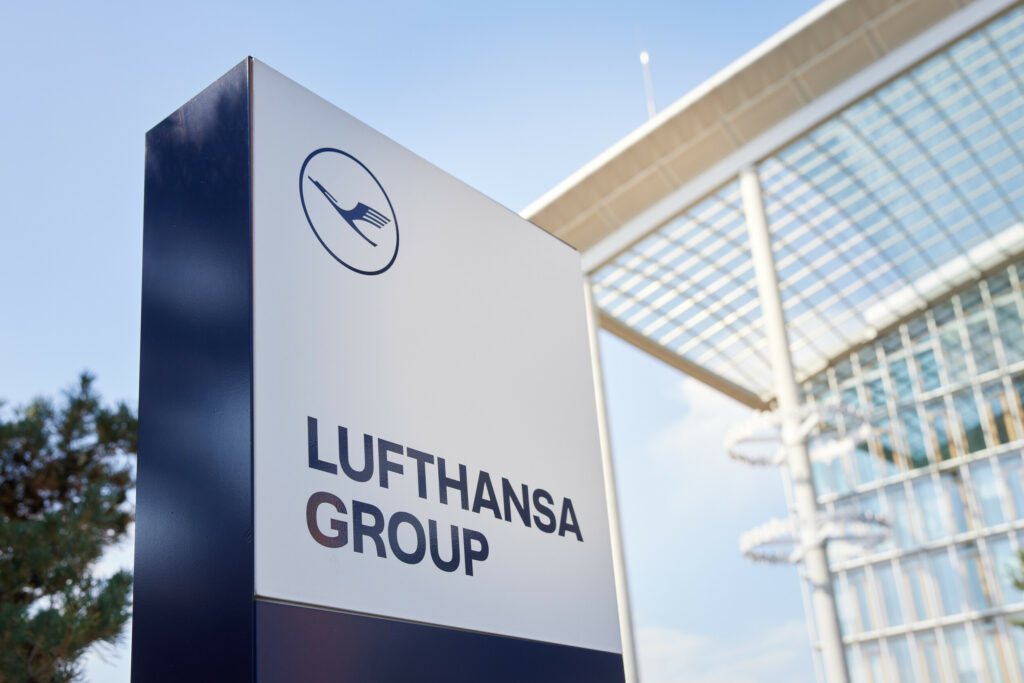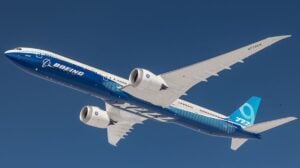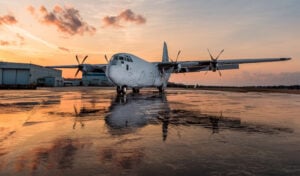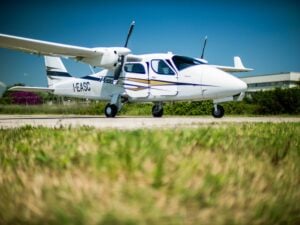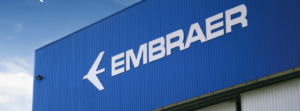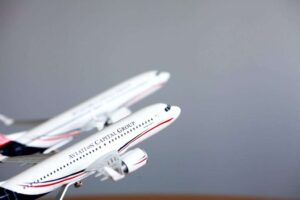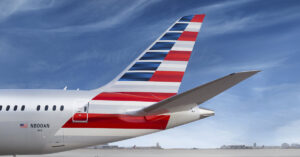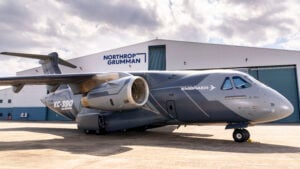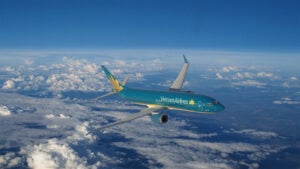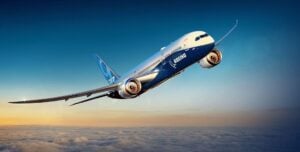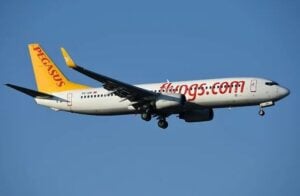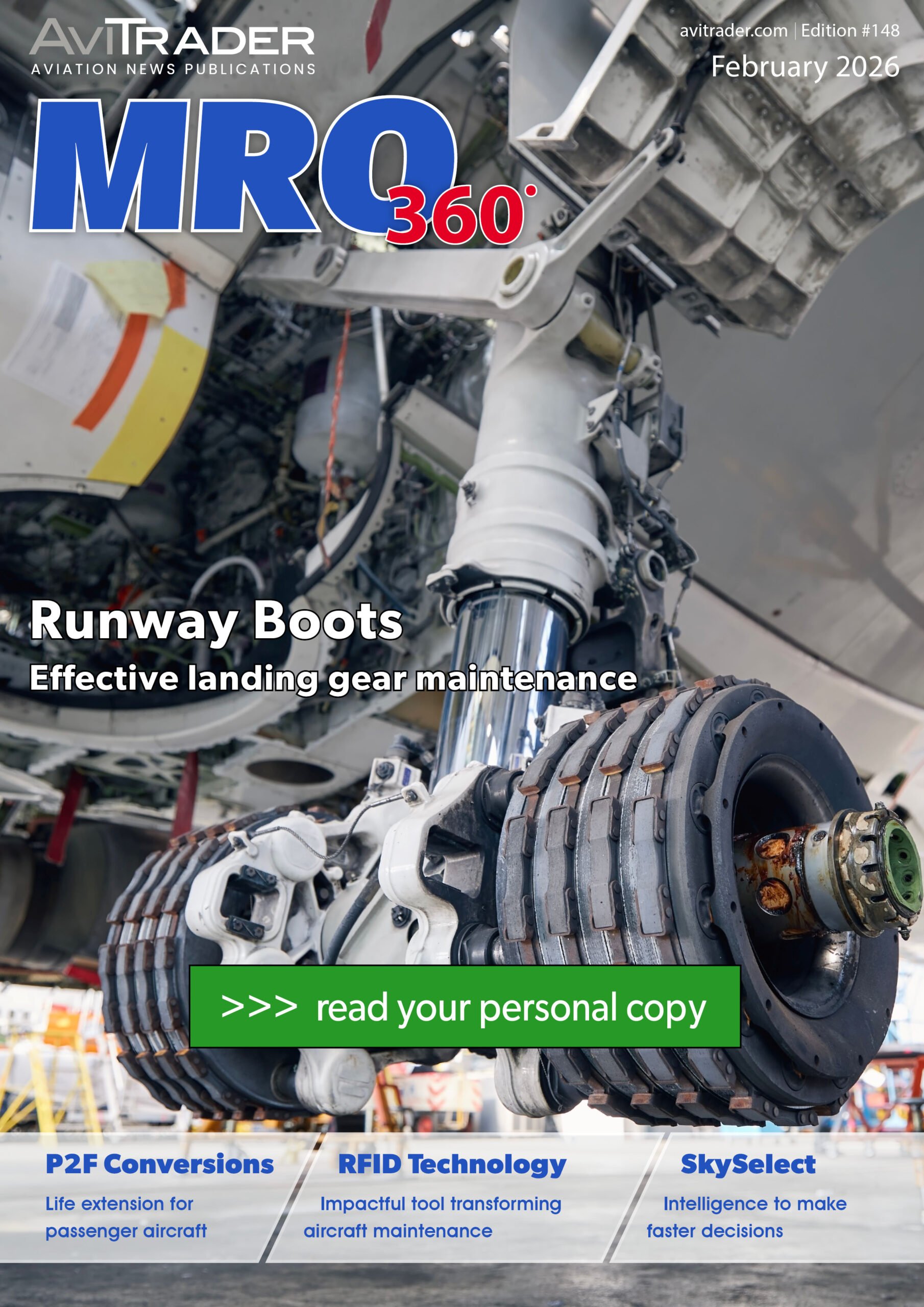The Lufthansa Group achieved record third-quarter (Q3) revenue of €10.7 billion, a 5% increase from the previous year’s €10.3 billion, primarily due to an increase in flight numbers and a boost in Lufthansa Technik’s performance. This strong revenue result marked the most successful quarter in the Group’s history. However, profitability faced pressure as Adjusted EBIT fell from €1.5 billion to €1.3 billion, reflecting a decrease in the operating margin from 14.3% to 12.5%. The decline in profit is attributed to higher operating costs, including increased fees, maintenance, repair, overhaul (MRO) expenses and rising personnel costs. Similarly, net profit dropped to €1.1 billion, down from €1.2 billion in the prior year.
The Group’s passenger airlines showed growth, carrying over 40 million passengers in the third quarter—6% more than in the previous year. Seat load factor improved to 87%, reaching a historic peak of 88% in August. Despite this increased demand, overall yields per seat fell by 3.5% due to industry-wide capacity expansion, though performance varied by region. In continental markets, average yields remained close to the prior year’s level, with only a minor dip of 0.4%. However, the Asia/Pacific region saw a more marked decline in yields, dropping by 14%. Although unit revenues (RASK) decreased by 2.7%, the drop was less severe due to improved seat load factors. Higher costs from personnel, fees, and material expenses pushed unit costs up by 4.5%.
The Lufthansa passenger airlines’ Adjusted EBIT came in at €1.2 billion, down from €1.4 billion in the previous year, with Lufthansa Airlines bearing the largest impact. The airline saw a €234 million reduction in earnings, influenced by delayed aircraft deliveries that necessitated the continued operation of older, less-efficient aircraft. Additionally, higher location costs, increased personnel expenses, and compensation for irregular flight operations further impacted profitability.
In response, Lufthansa Airlines is implementing a turnaround programme aimed at improving efficiency, reducing complexity and enhancing product quality. Measures include shifting short-haul traffic to more cost-efficient routes, optimising network operations, and increasing flexibility and automation. The Group projects that these measures will deliver a gross EBIT effect of approximately €1.5 billion by 2026, positioning the airline for sustainable growth and cost-effectiveness in the future.

